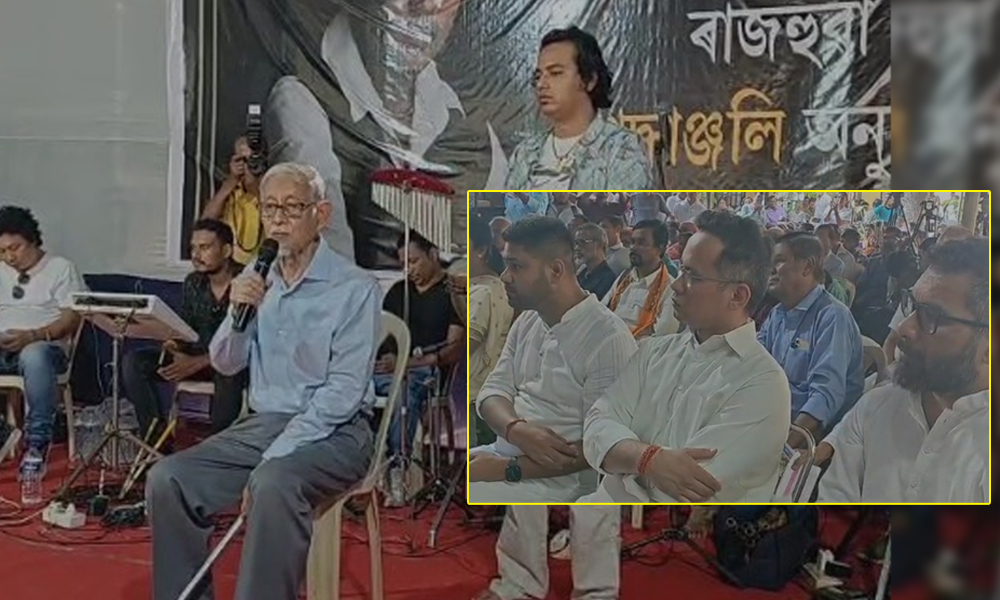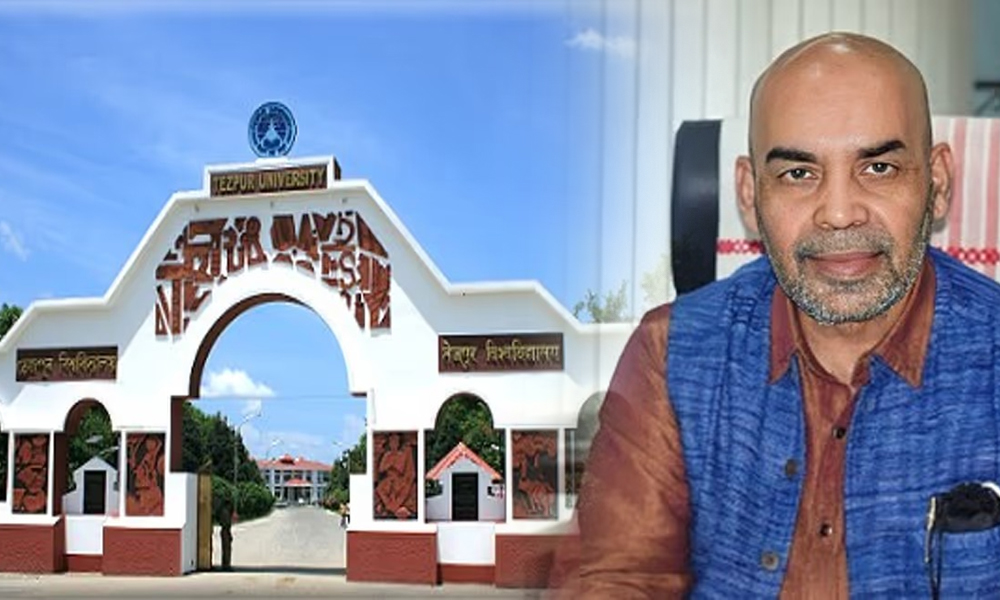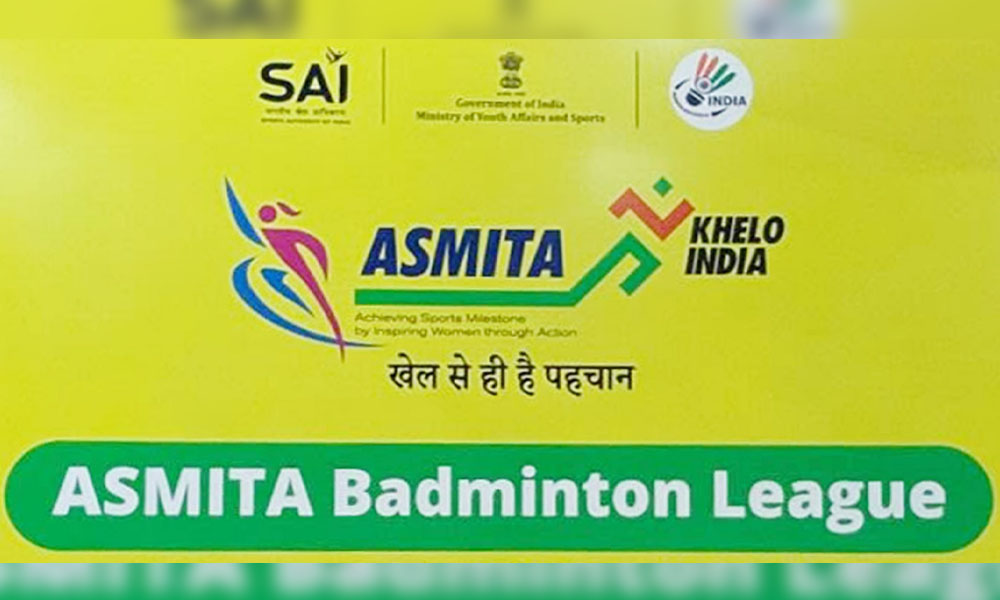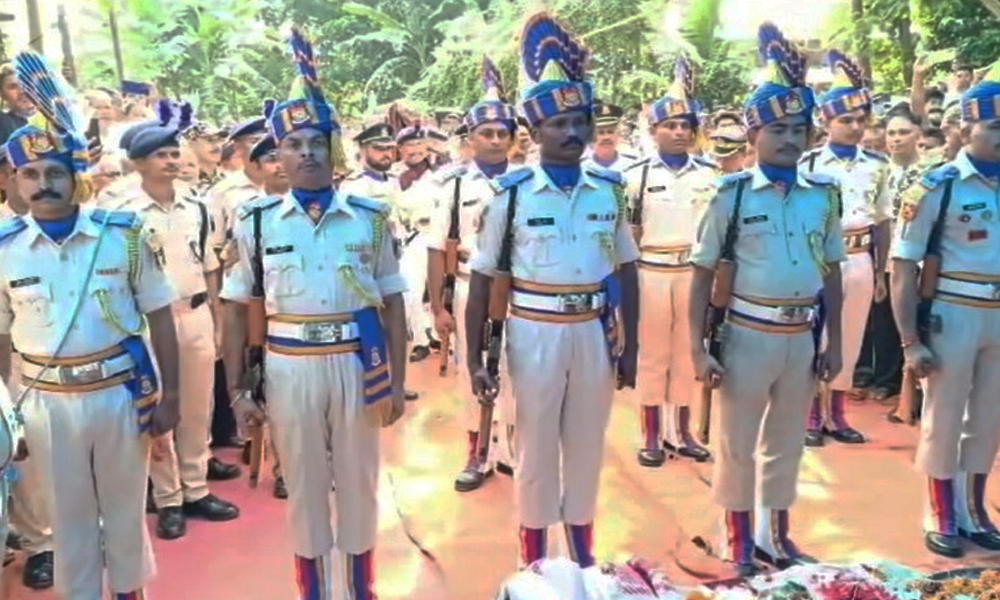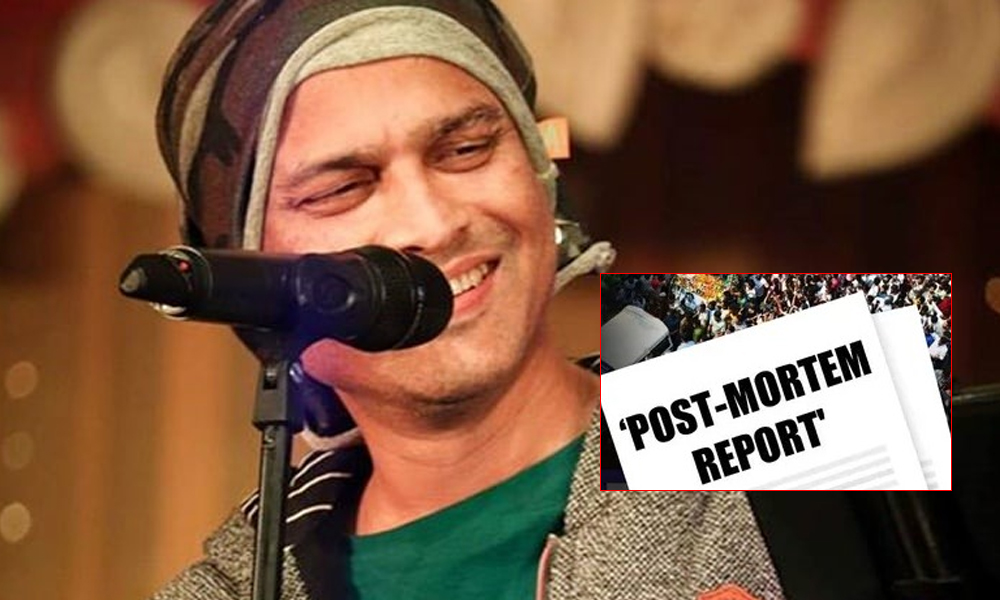The same judgment held that the death penalty should only be given in the “rarest of rare” cases - a doctrine quoted by most courts while deliberating on the death sentence.
Digital Desk: Courts will now be required to call for the
mental health report of an accused and assess their conduct in jail before
sentencing anyone to death, according to a new set of guidelines issued by the
Supreme Court in a judgement last week.
Dealing with an appeal filed by three death row convicts from
Madhya Pradesh who entered a house to steal in June 2011 and ended up brutally
murdering three women, a three-judge bench of the Supreme Court, looking into
their good conduct in jail and strong inclination to reform, replaced the
concurrent verdicts of death sentence by the trial court and the Madhya Pradesh
high court with life imprisonment for a minimum term of 25 years.
The judgment, pronounced on Friday by a bench of justices UU
Lalit, S Ravindra Bhat and Bela Trivedi, said that the top court in Bachan
Singh v State of Punjab (1980) emphasised the need for assessing mitigating
circumstances before imposing the death sentence. It provided seven factors to
be analysed: the circumstances around which the crime was committed (act
committed under extreme mental or emotional disturbance; act committed under
duress; is the accused morally justified in committing the offence); the age of
the accused; their mental state at the time of the incident; the possibility of
reform; and whether the accused would constitute a continuing threat to
society.
The same judgment held that the death penalty should only be
given in the “rarest of rare” cases - a doctrine quoted by most courts while
deliberating on the death sentence.
The bench said that the absence of a system to ensure compliance
with this procedure has now led the court to issue the guidelines.
The judgement said that the state must, for an offence carrying
capital punishment, at the appropriate stage, produce material which is
preferably collected beforehand, before the sessions court discloses
psychiatric and psychological evaluation of the accused, adding that this will
establish the person’s frame of mind at the time of committing the crime.
In addition, the court directed the state to compile information
on the age, family background, criminal antecedents, educational qualification,
and other details of the accused.
The guidelines further require the superintendent of jail or the
probation officer to provide information to the court on the “jail conduct and
behaviour,” “work done in jail,” and “activities the accused has been involved
in,” among other details. The bench added that such a report should contain a
“fresh psychiatric and psychological report” on the reformative progress in
jail and the presence of any “post-conviction mental illness.”
In writing the 122-page judgement for the bench, Justice Bhat
said, “The unfortunate reality is that in the absence of well-documented
mitigating circumstances at the trial level, the aggravating circumstances seem
far more compelling, or overwhelming, rendering the sentencing court prone to
imposing the death penalty based on an incomplete, and hence, incorrect
application of the Bachan Singh test.”
Senior advocate Colin Gonsalves said the judgement was “long
overdue”.
For four decades since the Bachan Singh judgment, the court
noted the absence of a scheme or system to present mitigating circumstances for
the court’s consideration. “There is an urgent need to ensure that mitigating
circumstances are considered at the trial stage, to avoid slipping into a
retributive response to the brutality of the crime, as is noticeably the
situation in a majority of cases reaching the appellate stage.” The trial court
must elicit information from the accused and the state, both,” the bench said.




